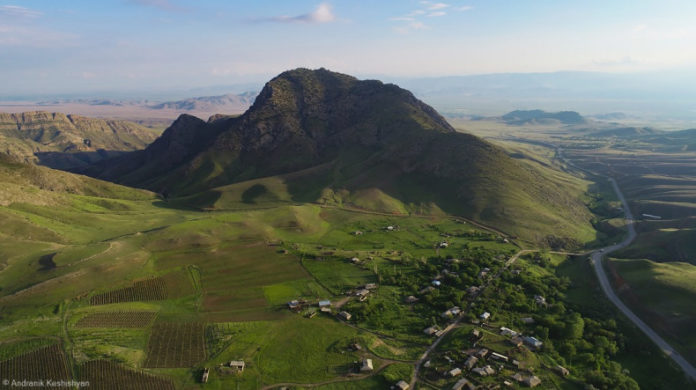YEREVAN (Jam News) — “In 2024 Armenia will face not only threats from Azerbaijan, but also the threat of losing or breaking off relations with Russia. Undoubtedly, the country will face a lot of problems,” Tom de Waal, a leading analyst at the Carnegie Endowment for International Development, said.
In an interview with Radio Azatutyun (Liberty), he said that this year Armenia will have to make perhaps the most difficult choices and it is a “somewhat dangerous” moment.
The expert also talked about the signing of the Armenia-Azerbaijan peace treaty and the issue of the so-called “Zangezur corridor,” which could link Azerbaijan with its exclave of Nakhichevan through southern Armenia.
According to de Waal, it is a well-known statistic that the majority of peace agreements are violated by the parties within five years after their signing.
In this regard, he believes that the signing of the peace agreement between Armenia and Azerbaijan is only the beginning of the process.
He went on that the Armenian side wants to get international guarantees for the fulfillment of the clauses of the possible agreement, including the presence of observers on the border, and this, in his opinion, will be a deterrent factor, possibly preventing the use of force by Azerbaijan. But he notes that Baku is resisting these attempts by Yerevan to resolve the issue with the participation of international actors:










